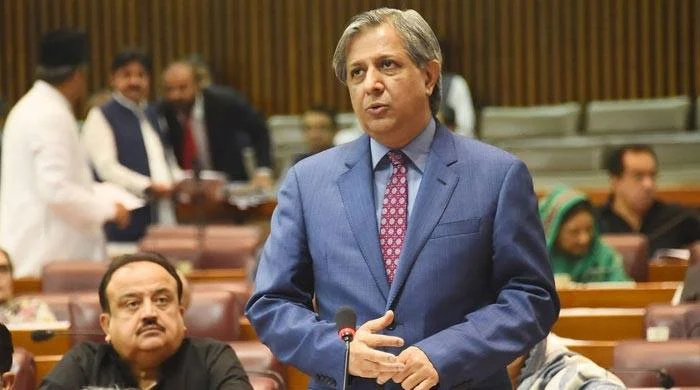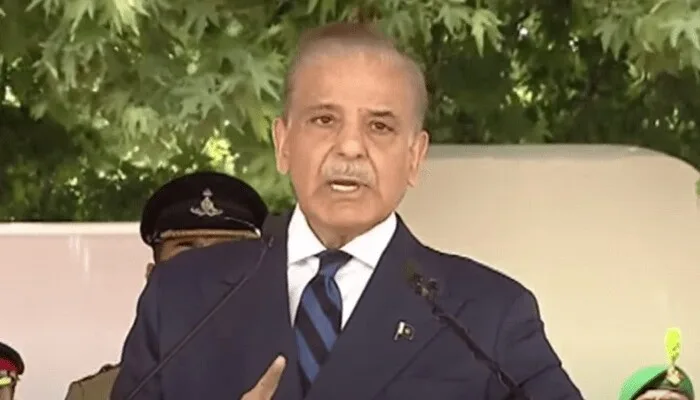
The much-anticipated 26th Amendment Bill, which aims to enforce significant judicial reforms, was finally introduced in the Senate on Sunday evening. This followed weeks of political wrangling, primarily between the government and the opposition, particularly the Pakistan Tehreek-e-Insaf (PTI).
The bill was tabled after the federal cabinet approved the draft amendments earlier in the day. This move came after continuous consultations that went on late into Saturday night, with uncertainty prevailing due to strong opposition from PTI.
Opposition from PTI and Political Meetings
Initially, the coalition government had planned to present the bill on Saturday. However, they deferred the presentation at the request of Jamiat Ulema-e-Islam-Fazl (JUI-F) chief Maulana Fazlur Rehman. He indicated that his party would support the amendment after receiving PTI’s final stance. PTI has repeatedly expressed concerns over the proposed judiciary-focused reforms, including limiting the Chief Justice of Pakistan’s (CJP) tenure to three years and restructuring the Supreme Judicial Council.
Senate Session and Bill Introduction
During the Senate session, Law Minister Azam Nazeer Tarar explained that the government and its allies, including JUI-F, had reached a consensus on the draft. He requested Senate Chairman Yusuf Raza Gilani to allow him to table the 26th Amendment Bill as a supplementary agenda.
Tarar pointed out that judicial reforms were essential, and the bill proposed the formation of constitutional benches within the Supreme Court. He emphasized that judges would be appointed by the judicial commission, which would have the authority to assess their performance. The law minister also clarified that CJP Qazi Faez Isa had no interest in extending his tenure, addressing rumors fueled by the opposition.
Judicial Reforms and PTI Boycott
One of the core changes introduced by the bill is the establishment of constitutional benches within the Supreme Court. These benches would handle specific cases, with the top judge being selected from the three most senior judges of the apex court. Additionally, a 12-member parliamentary committee, with a two-thirds majority, would be responsible for appointing the Chief Justice.
However, PTI Senator Barrister Ali Zafar criticized the bill, calling the Constitution a “social contract” that unites the nation. He argued that without consensus, the Constitution could be harmed. Zafar highlighted past amendments that damaged democracy and announced that PTI would not participate in the voting process. PTI members had signed a pledge to abstain from voting, with Zafar stating, “If any of our members vote, do not count it.”
Opposition’s Criticism
Senator Zafar also expressed concerns over the bill’s urgency before the CJP’s retirement on October 25. He noted flaws in the draft, particularly confusion over which cases would be heard by constitutional benches.
In response, PPP Senator Sherry Rehman criticized the opposition for not offering any suggestions during the 10 parliamentary committee sessions. She stressed that the reforms were not an attack but a step towards strengthening parliament’s role in judicial appointments. Rehman praised Bilawal Bhutto-Zardari’s efforts in building consensus among political parties for the amendment.
The introduction of the 26th Amendment Bill marks a crucial moment in Pakistan’s political and judicial landscape, with significant debate expected in the coming days.
Follow us on Google News, Instagram, YouTube, Facebook,Whats App, and TikTok for latest updates












